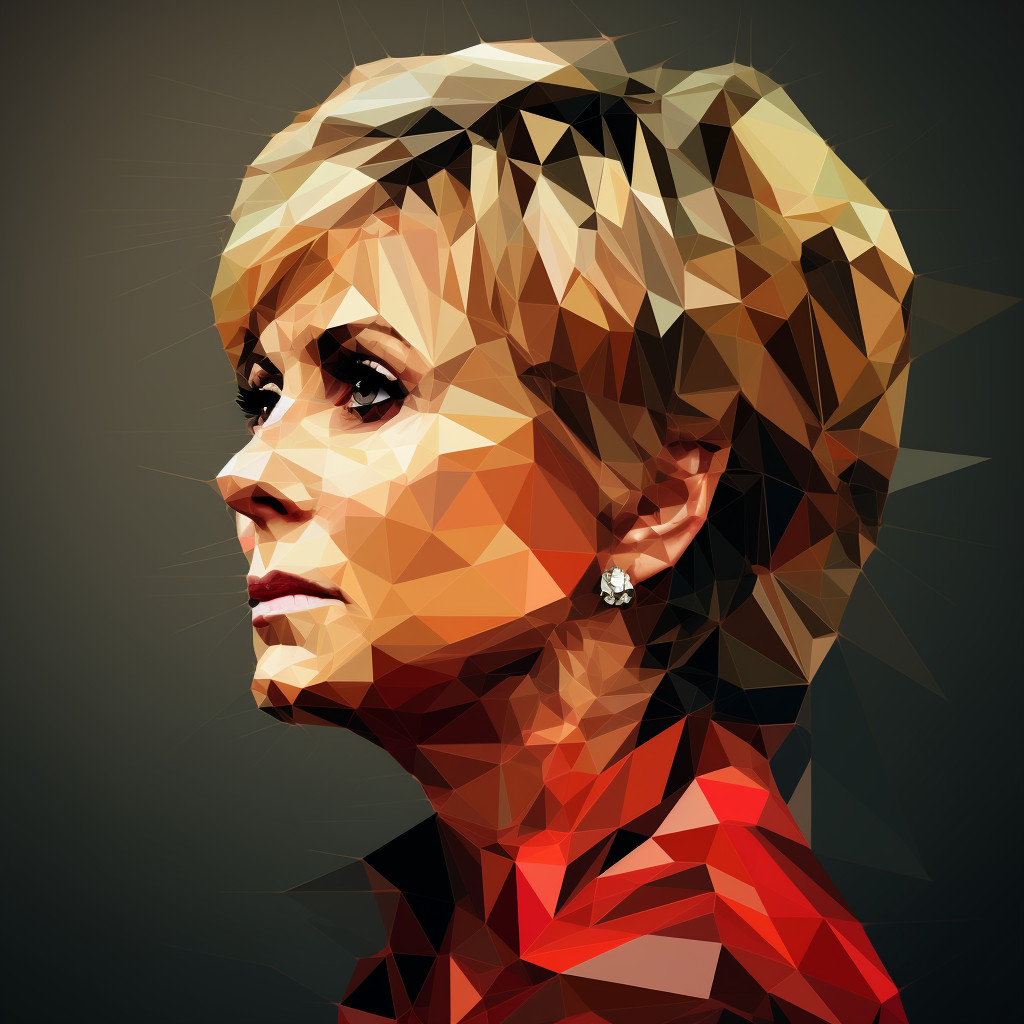This quote encapsulates a complex relationship between money and happiness. It suggests that while money in itself isn’t a guarantee for happiness, not having enough of it can certainly lead to misery. This highlights the idea that money, while not the ultimate goal, is a crucial means to an end. It cannot buy joy or contentment, but it can provide the necessary resources for basic needs and comfort, which are essential for happiness.
The quote also brings to light the concept of financial security and its role in our overall wellbeing. Lack of money often equates to stress and worry about meeting basic needs like food, shelter, healthcare, and more. This constant worry and stress can lead to misery, as it prevents individuals from enjoying life and focusing on their personal development.
In today’s world, this idea is even more relevant. With the rising costs of living, healthcare, and education, financial insecurity is a growing concern for many. It’s important to understand that while wealth accumulation should not be the sole focus of one’s life, achieving a certain level of financial stability is crucial in order to live a comfortable and stress-free life.
In terms of personal development, this quote can serve as a reminder to balance our pursuit of wealth with other important aspects of life such as relationships, health, and personal growth. It encourages us to see money as a tool that can help us achieve our goals and live a comfortable life, rather than viewing it as the ultimate goal. It reminds us to strive for financial stability, but not at the cost of our happiness and well-being.
Therefore, the key takeaway from this quote could be the importance of financial literacy and planning. By managing our finances wisely, we can avoid the misery caused by lack of money and create a secure foundation that allows us to pursue our passions, nurture our relationships, and enjoy life.









